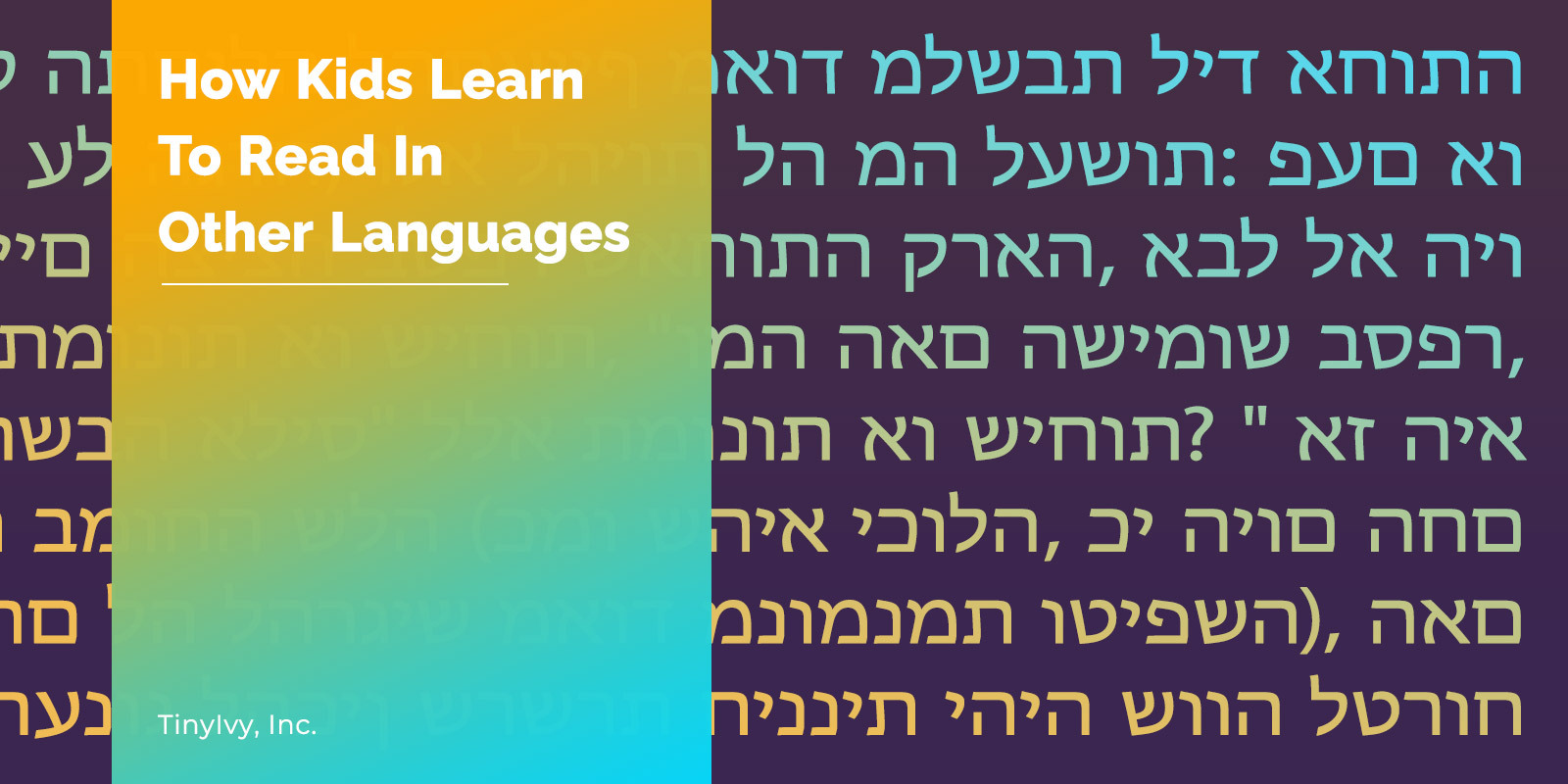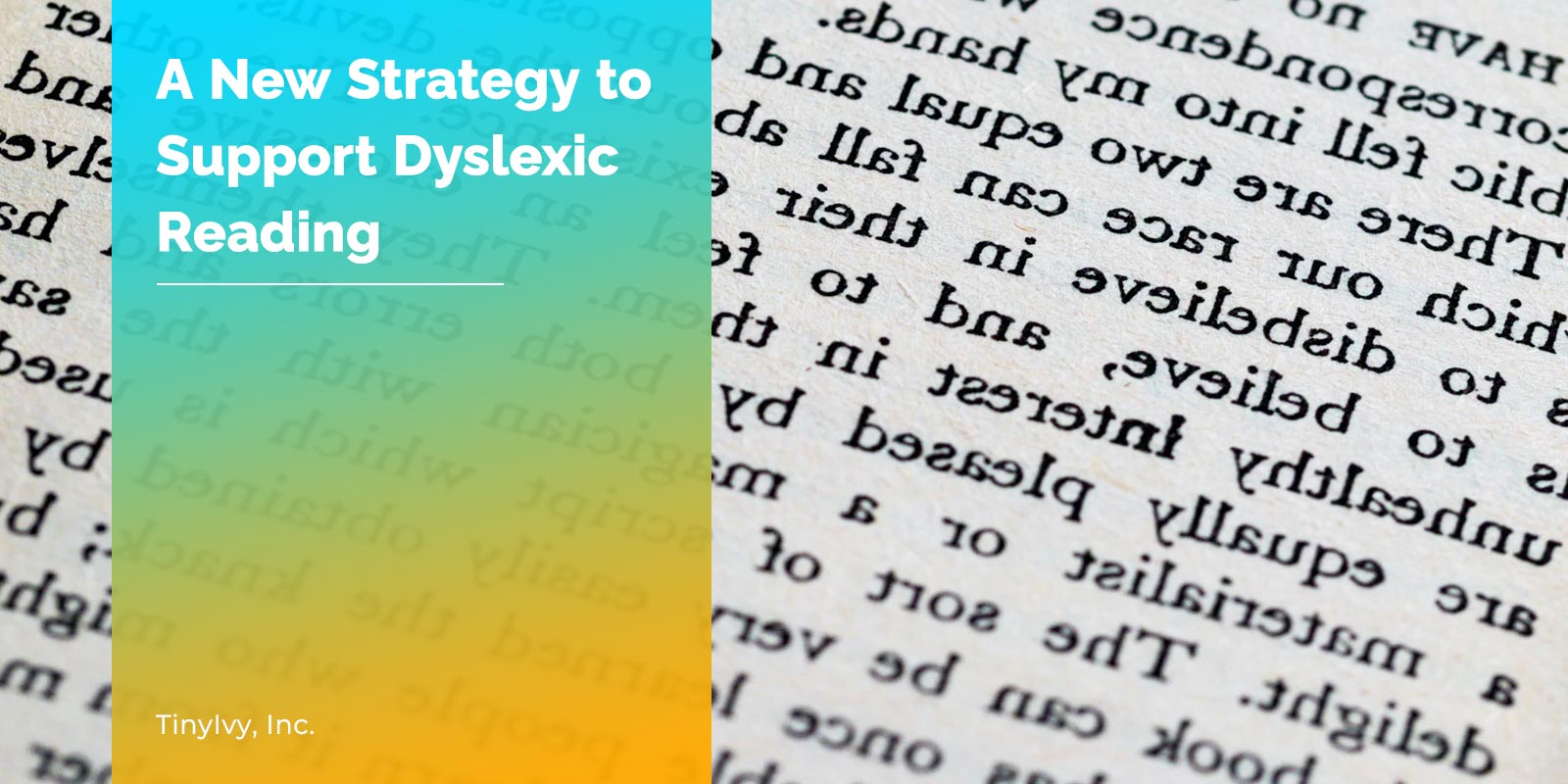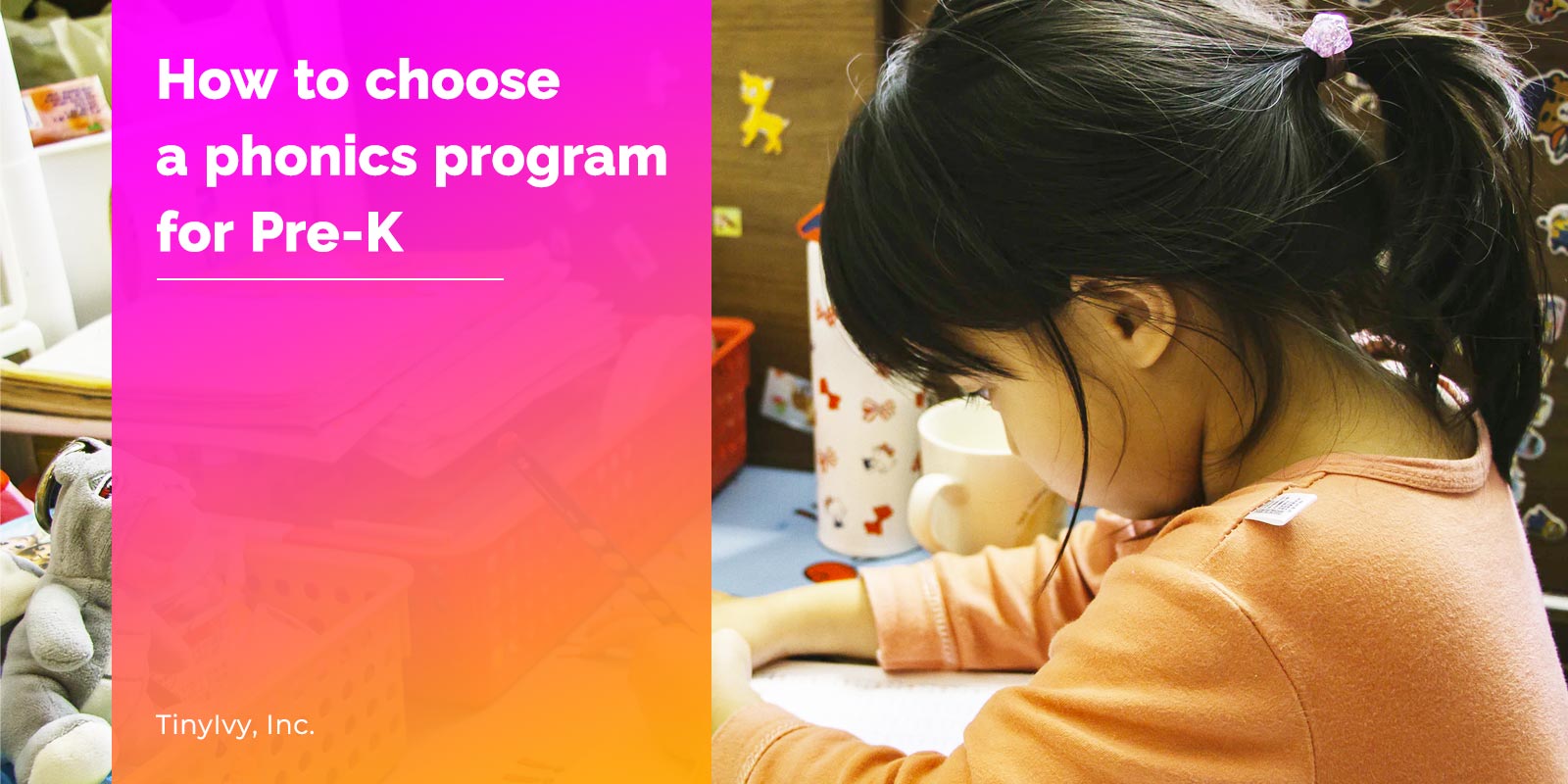Every state in the US requires some level of evidence-based support for any curriculum used in our schools. In some ways, this makes a lot of sense. We want our schools to use what has been proven to work. But there is a challenge. How do we explore new methods that might be better than what we have done, and studied, before?
Posts for literacy
Stanford & Johns Hopkins Join TinyIvy in Innovative Reading Research Application
March 18, 2021 by Mary Zenorini Silverzweig
How Kids Learn To Read In Other Languages
September 3, 2020 by Máximo Mussini
English is unique not only in its complexity, but also in the lack of a commonly adopted system to make it easier to learn.
But that is not the norm in many other languages.
A New Strategy to Support Dyslexic Reading
August 31, 2020 by Zach Silverzweig
When a child has dyslexia, reading is painful. Slow. Halting.
It's a biological problem, rooted deeply in how the brain works to process what we see into what we say. It is also common.
Dyslexics are the largest single group of students in special education, by some estimates up to 17% of students. And sadly, for 70% of students, you don't outgrow it, despite all the interventions we try. Dyslexia, for most, is a lifelong, chronic disability.
Choosing a Phonics Program for Kindergarten
August 10, 2020 by Zach Silverzweig
Whatever your motivation, the goal is the same: your child needs to learn phonics to become an amazing reader.
Maybe they are three years old and just getting started with letters and sounds, or maybe they are six and you want to make sure they don't fall behind even though "learning" is now virtual for your school.
However, the best phonics program for kindergarten might not be what you think.




